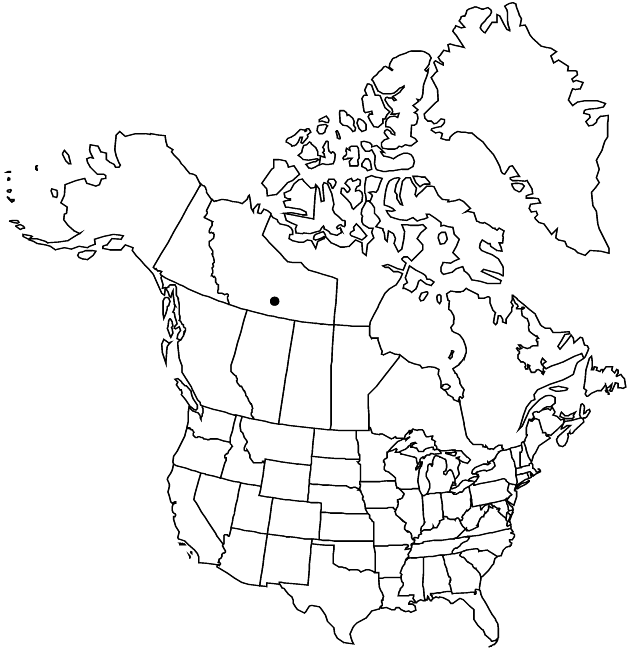Difference between revisions of "Symphyotrichum nahanniense"
in J. C. Semple et al., Cult. Native Asters Ontario, 134. 2002.
FNA>Volume Importer |
FNA>Volume Importer |
||
| Line 54: | Line 54: | ||
|publication year=2002 | |publication year=2002 | ||
|special status= | |special status= | ||
| − | |source xml=https://jpend@bitbucket.org/aafc-mbb/fna-data-curation.git/src/ | + | |source xml=https://jpend@bitbucket.org/aafc-mbb/fna-data-curation.git/src/f50eec43f223ca0e34566be0b046453a0960e173/coarse_grained_fna_xml/V19-20-21/V20_1163.xml |
|tribe=Asteraceae tribe Astereae | |tribe=Asteraceae tribe Astereae | ||
|genus=Symphyotrichum | |genus=Symphyotrichum | ||
Revision as of 20:23, 16 December 2019
Perennials, 7–39 cm, cespitose; slender, woody, short-rhizomatous (rhizomes of season shallow- or deep-seated, not producing rosettes near parent stems). Stems 1, ascending to decumbent (slender, green to reddish brown), glabrate or sparsely short woolly-pilose in lines or zones, more densely so distally. Leaves (light green, abaxial sometimes becoming much darker) thin to firm, margins entire, scabrous, apices mucronulate, faces glabrous; basal persistent or withering by flowering, petiolate, blades oblanceolate to short-spatulate, 10–130 × 2–8 mm, bases cuneate to attenuate, margins rarely sparsely serrulate, apices obtuse, faces glabrous; proximal cauline persistent or withering by flowering, sessile, blades oblanceolate to linear lanceolate, 13–60 × 2–6 mm, bases ± clasping, apices acute; distal sessile, blades linear to linear-lanceolate, 10–36 × 1–4 mm, reduced distally, bases subauriculate, subclasping to ± clasping. Heads usually borne singly or in open, paniculiform arrays (sometimes terminating lateral branches arising from decumbent stems or from proximal stem branches), branches few. Peduncles 10–70 mm, sparsely to moderately short-strigose, bracts 0–10, lanceolate, often foliaceous, reduced distally. Involucres cylindro-campanulate, 4.7–7.4 mm. Phyllaries in 3–4 series, outer spatulate, inner lanceolate, ± unequal to subequal, bases indurate, margins reddish, papery, erose-ciliate, green zones lanceolate, apices acute, faces glabrous. Ray florets 15–41; corollas white to pale rose, often becoming rose-violet, laminae 5–13 × 0.7–1.8 mm. Disc florets 20–60; corollas yellow turning reddish with age, 3.7–6.6 mm, tubes shorter than funnelform throats, lobes erect to spreading, lanceolate, 0.4–0.8 mm. Cypselae tan (nerves stramineous), obovoid, compressed, 2–3 mm, 3–5-nerved, faces strigillose; pappi white, 4–6.5 mm. 2n = 16.
Phenology: Flowering Aug–Sep.
Habitat: Stream banks near hot mineral springs
Elevation: ± 1000 m
Discussion
Of conservation concern.
Symphyotrichum nahanniense is known only from the South Nahanni River (Mackenzie Mountains), Nahanni National Park.
Selected References
None.
